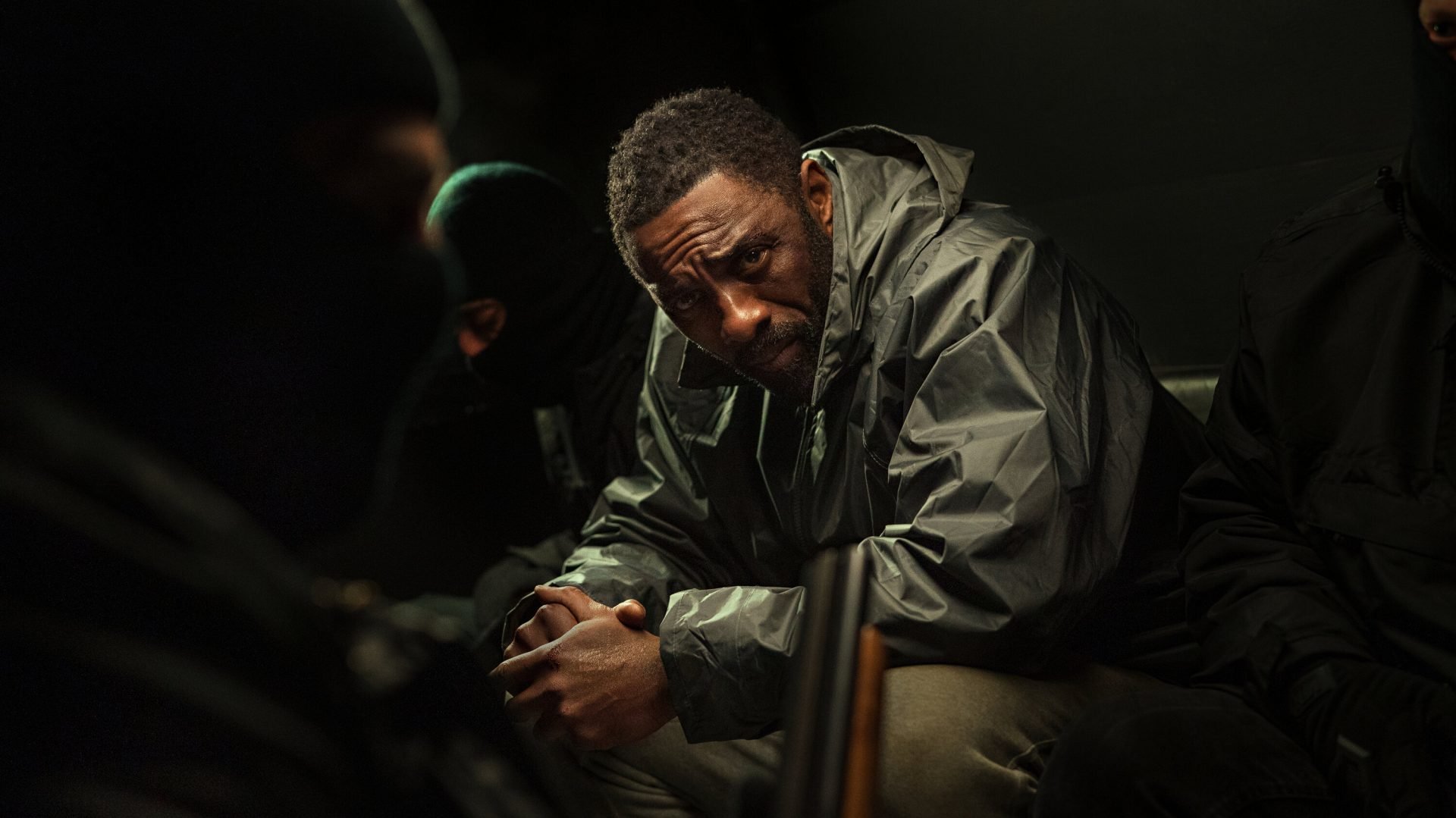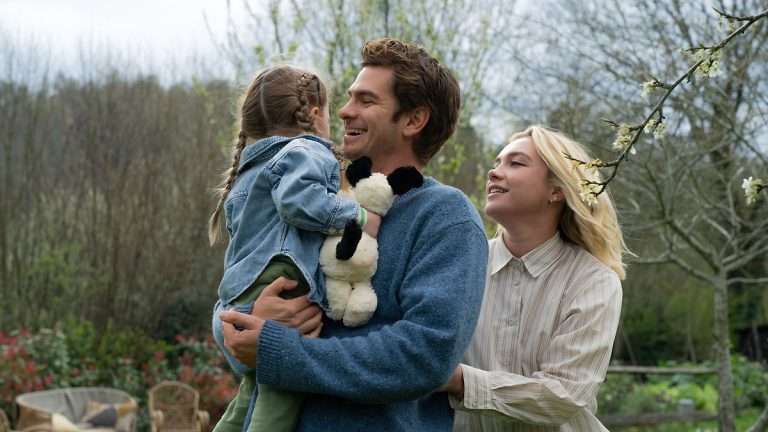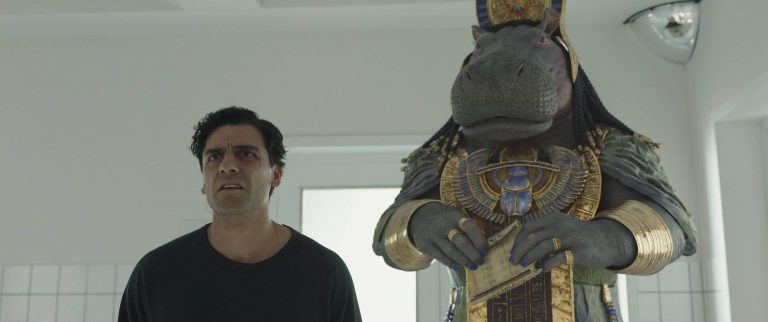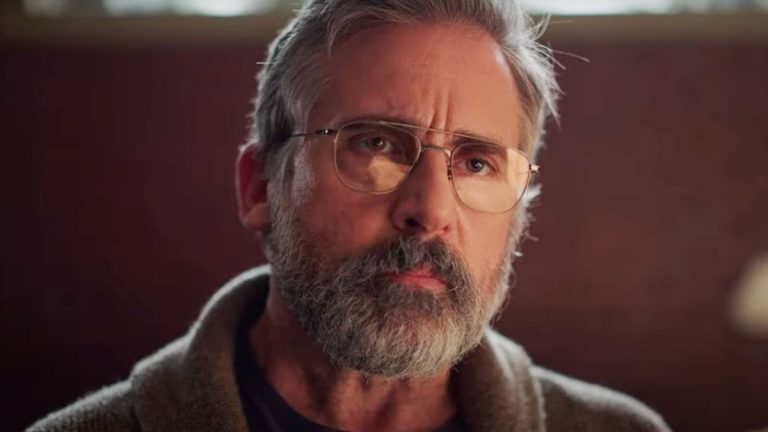Luther: The Fallen Sun Review: Luther was one of BBC’s most successful modern television ventures of the last decade. Despite being stretched over many seasons, the series only had twenty episodes. The show was created by Neil Cross and stars Idris Elba as the titular character, DCI John Luther, a brilliant and often unconventional detective with a troubled personal life. The markings of the character and the setup indicate a cliched final product, but the series was anything but. The movie adaptation, now available to stream on Netflix, is as dark and intense but lacks the necessary compulsions to amount to anything more than a reboot.
The Fallen Sun follows Luther’s notorious struggle to escape from jail and chase a sociopathic serial killer, David Robey (played solidly by Andy Serkis). DCI Odette Raine (Cynthia Ervio) replaces Luther and teams up with his old colleague, Martin Schenk (Dermot Crowley), to track down Robey and stop his master plan for an evil “red room” for the dark web. The onus to determine many vital gaps in the storytelling – like Robey’s motivations and origins – is left to the viewer’s imagination.
Also, Read: MH370: The Plane That Disappeared (2023) ‘Netflix’ Docuseries: Recap & Ending Explained
It is a scary trend that quickly diminishes the creative responsibilities of writers and directors and burdens audiences. Luther’s most fundamental problem is the satisfaction of Neil Cross with this premise. While the television show is characteristically known for its gritty and graphic depiction of violence and its exploration of the psychological toll that the work takes on its main character, the movie adaptation finds little interest in that. Luther is not depicted as a complex and fascinating character who is haunted by the demons of his past and often straddles the line between good and evil. On the contrary, Luther’s significance is relegated to his physicality and goodness.
His characterization suffers from the cinematic plague of morally superior men made to suffer because of their inherent moral compass. It is a formulaic, dull, and dated tool to commiserate us with the protagonist. The Fallen Sun is neither suspenseful nor thought-provoking. Perhaps the decision to give up Serkis’ Robey initially was not the best choice for the narrative. It derailed the ability of the movie to spring a surprise and undermined the rest of the script. There is no complexity or subtlety to Luther that can challenge the viewers and give them something to asses through their own lens of experience.
The movie hardly cares for any social commentary. Cross confronted his television series viewers with uncomfortable themes, such as mental illness, domestic violence, and corruption within the police force. Director Jamie Payne is inefficient and inadequate in making his narrative gripping or atmospheric. It ends up becoming dull and predictable, stuff you can call from a mile out. While one can appreciate that the cinematic format does not give too much leeway as a television series does, Luther: The Fallen Sun hardly has any bite, unlike its predecessor.

The attempts here seemed more along the lines of sensationalizing the viewer with the jarring tone of the violence. Many facets of Luther and David felt like Todd Phillips’ Joker. Luther’s plot and central antagonist have a similarly unsettling first impression. But for Joker, the choice to center the film around the character worked in its favor. That does not happen with Luther as the attention of the narrative alternates between Odetta and Schenk’s combined effort and Luther’s. Even Robey is not fully fleshed out in the film, which is a big disappointment given the character’s exponential promise.
One of the strengths of Luther is its excellent cast, led by Idris Elba. He delivers a stunning performance as Luther, portraying him as a brooding and troubled detective who is fiercely committed to his job but struggles to maintain his sanity in the face of the horrific crimes he investigates. The supporting cast is also strong, with standout performances from Andy Serkis as the brilliant and manipulative serial killer and Dermot Crowley as Luther’s loyal and dependable colleague, Martin Schenk. Cynthia Ervio is a welcome addition to Odette Raine but, in hindsight, takes away the mantle and the attached urgency from Luther.
Luther is an ultimately frustrating and convoluted movie adaptation. With the same personnel involved, one would have expected much more. From the ending, it seems we will also have a sequel centering around Luther’s new job profile. But the effort has to be better rationalized and fitting for celluloid than The Fallen Sun.




![South Park: Bigger, Longer and Uncut [1999] Review – Still Relevant](https://79468c92.delivery.rocketcdn.me/wp-content/uploads/2020/04/south-park-768x432.jpg)


![Thunderheart [1992] Review – A Rare Perceptive Hollywood flick on the Native Americans](https://79468c92.delivery.rocketcdn.me/wp-content/uploads/2020/12/Thunderheart-1992-768x576.jpg)